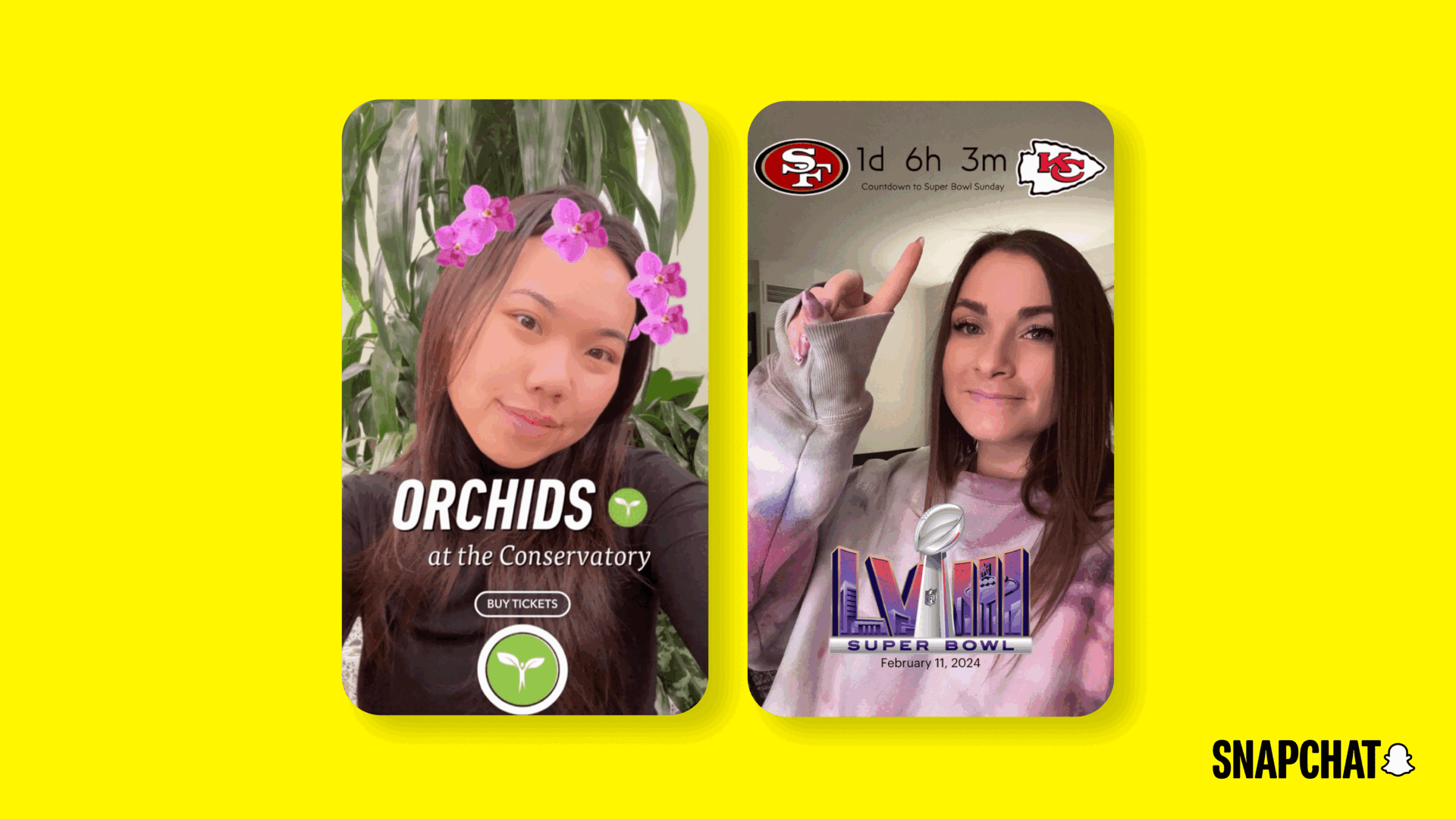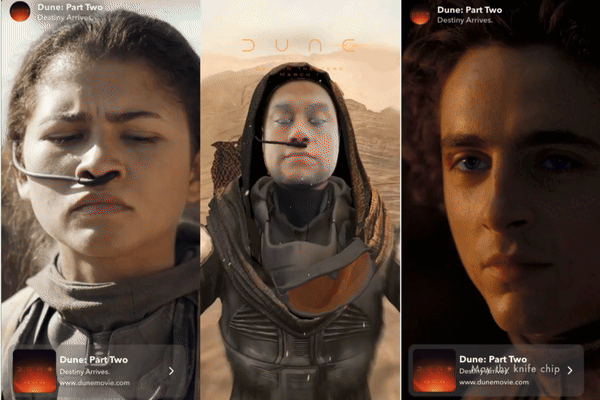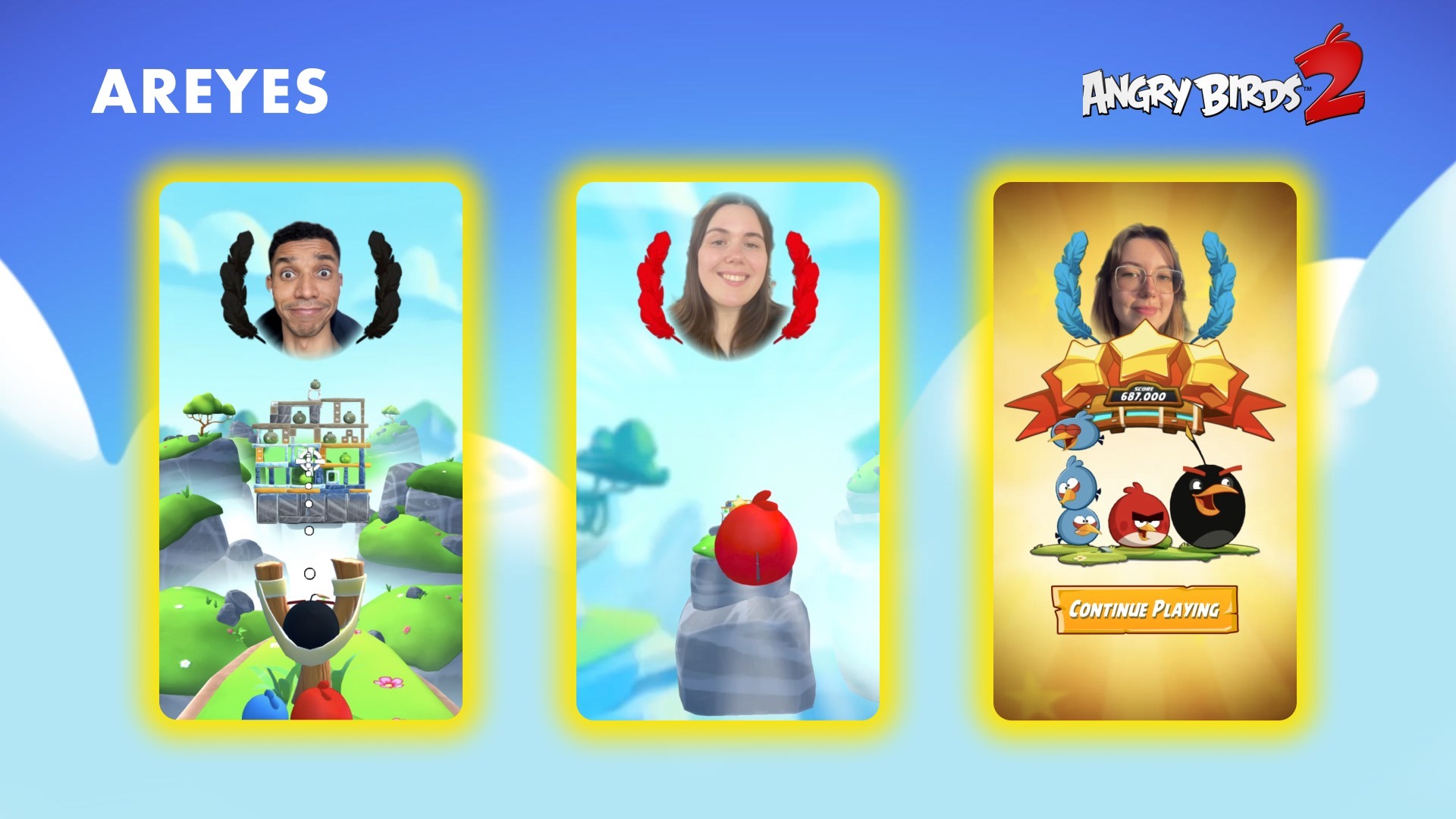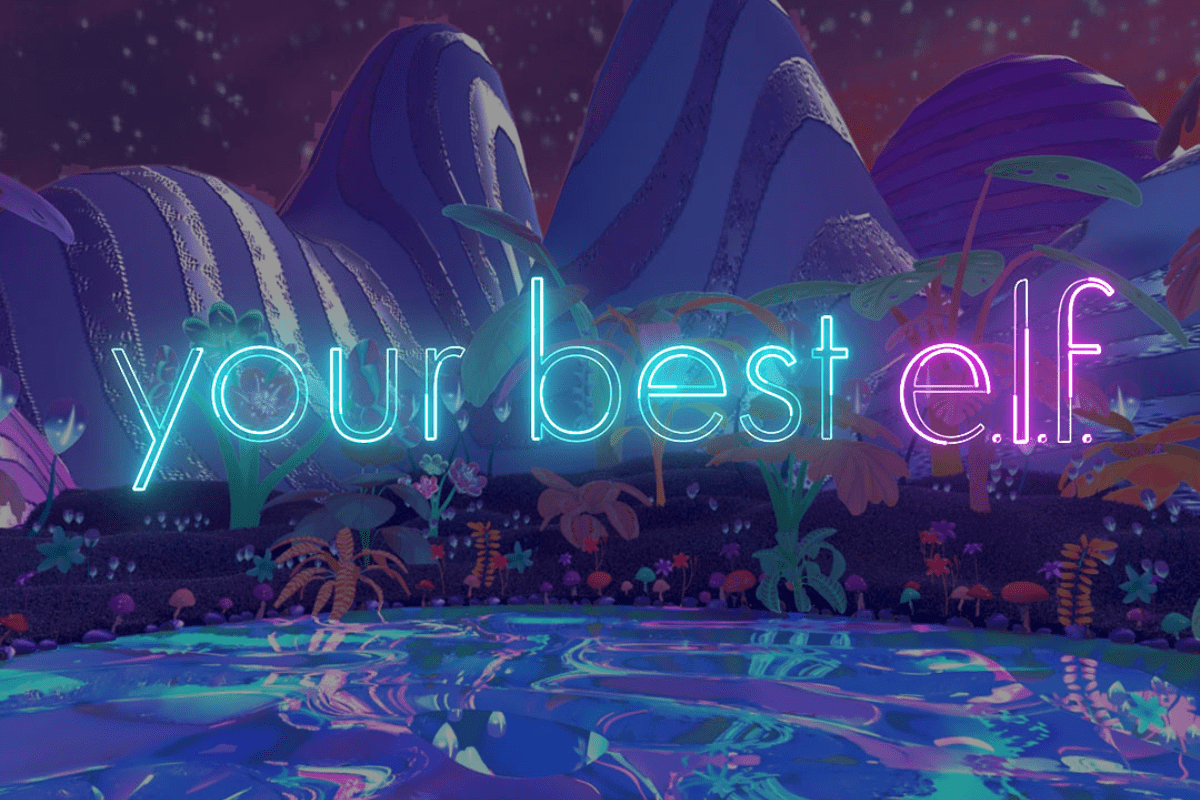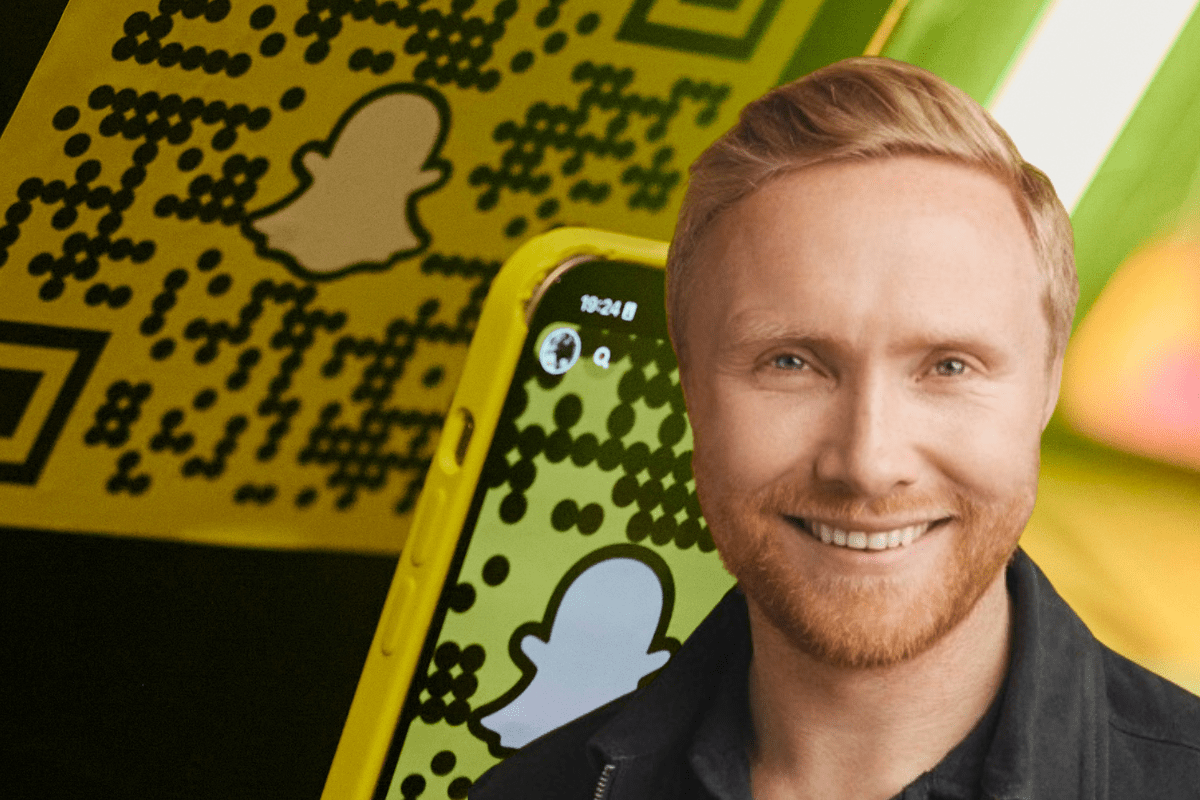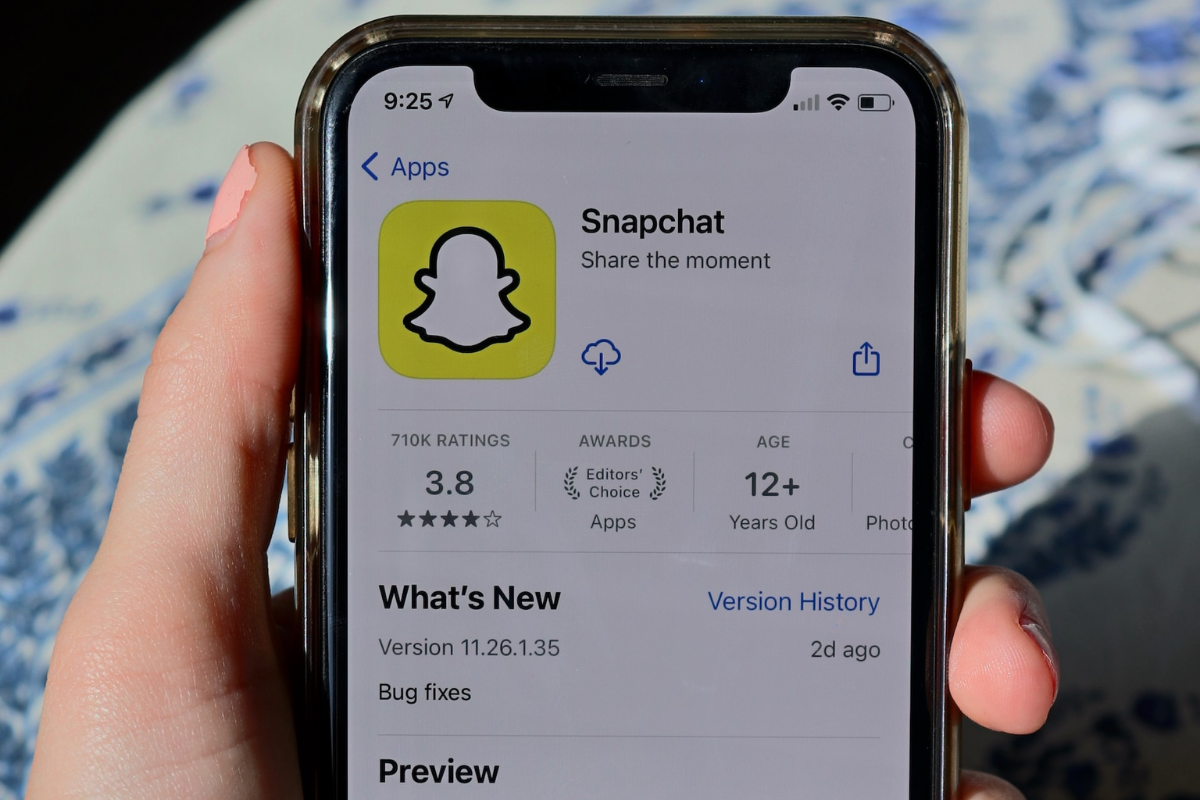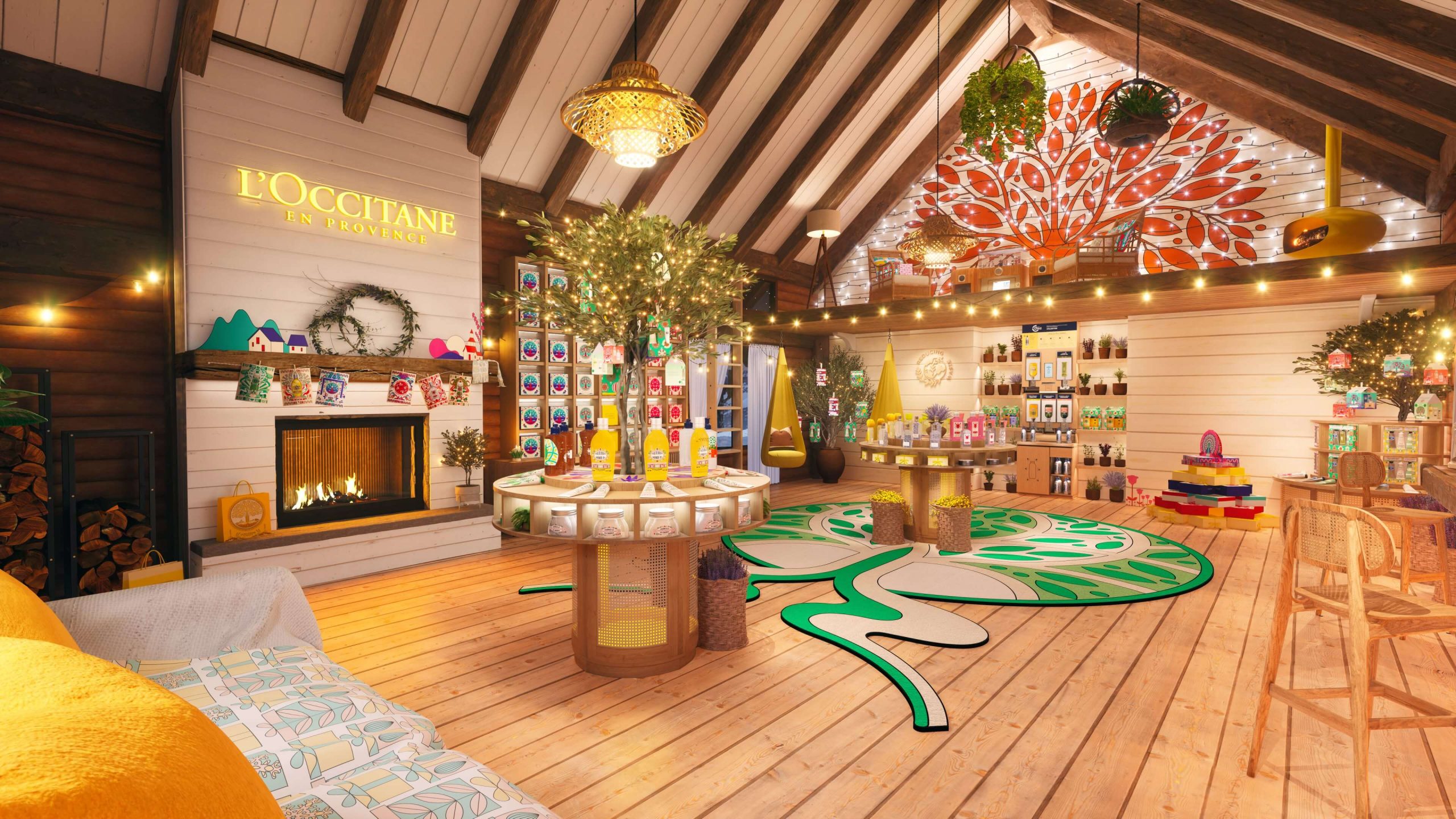Innovation Lab: Body Bots, Electric Flavours and Nightmare Machines
- Friday, October 28th, 2016
- Share this article:
At Mobile Marketing were proud to help tech companies showcase their cutting-edge solutions, whether its on our website, in our magazine or at our Mobile Marketing Summits. Giving a platform to companies that are breaking new ground in their market brings audiences one step closer to the ideas and developments that will shape tomorrow.
In that spirit, our Innovation Lab feature takes a step beyond the world of apps, ads and handsets with slightly bigger screens, in order to share some of the tech worlds innovative ideas. They might be interesting, disruptive or just outright strange, but these are the stories that have caught our eye over the past week.
Mini Robots Will Drive Around Your Body
When you think of wearable technology, you probably picture a smartwatch or a headset, maybe a ring with RFID capability. Researchers from MIT and Stanford want you to dream a little bigger though, and have introduced Rovables – tiny robots that can drive around on top of your clothes while you wear them.
The robots use magnetic wheels to secure themselves to your clothing, and the researchers behind the project picture advanced versions able to intelligently react to wearers needs, transforming into displays, microphones, alarms or personal assistants.
In their current form, the Rovables have an onboard battery, microcontroller and wireless communications hardware, as well as a low-power localisation system that uses wheel encoders and inertial measurement units, enabling them to perform limited autonomous navigation around users bodies.
The Rovables were demonstrated at the UIST Conference in Tokyo, and while their uses are quite limited at the moment, their creators believe they could serve a wide variety of purposes in the future, both practical and ornamental.
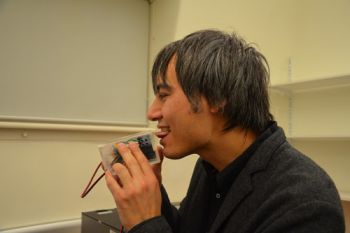 Taste Buddy Can Transform Flavours with Electricity
Taste Buddy Can Transform Flavours with Electricity
Shooting a low-level electrical current through your tongue probably isnt high up your list of activities to try out, but what if I told you it could make you taste chocolate, steak, or any other flavour imaginable?
The Taste Buddy, a new invention by Professor Adrian Cheok, director of the Imagineering Institute at City University of London, can theoretically do just that, although at the moment its limited to just enhancing specific tastes, making foods sweeter or saltier.
A prototype version of the device is available to be tried out at The Big Bang UK Young Scientists & Engineers Fair, but Professor Cheok predicts that one day the technology could be engineered to fit within everyday utensils, and completely transform the taste of food as required.
“The Taste Buddy is a great example of skilled science and engineering working hand in hand with a relevant and fun impact,” said Professor Cheok. “The Taste Buddy could eventually help save lives, by allowing people to switch to healthier food choices.”
NASAs VR Training Heading to Homes
The recent wave of advancements in consumer VR hasnt gone unnoticed by NASA, which has active partnerships with every major virtual reality company, and is planning to release a version of its Mars training software, The Mars 2030 Experience, on a variety of platforms in the next year.
The software uses the Unreal Engine 4 to create a 7.7 square mile interactive environment that can be navigated either on foot or in a rover vehicle, and features real Martian topography, as well as replicating accurate gravitational and light conditions on the red planet.
The software will be released on Oculus Rift, Google Cardboard, Samsung VR Gear, iOS and Android through a partnership with television network Fusion, and aims to encourage interest in the space agencys work towards a real manned mission to Mars.
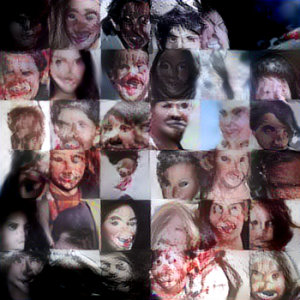 Using AI to Generate Terrifying Images
Using AI to Generate Terrifying Images
If creating computers that learn, imitate human behaviour and process vast amounts of data wasnt enough, now were teaching them how to terrify people. Or at least thats what MIT is doing with its aptly-named Nightmare Machine.
The AI program is designed to take normal images of faces, landmarks or landscapes and transform them into horrific distorted versions. Members of the public can then vote on whether the AI-generated images are scary or not, with the votes feeding into a machine learning algorithm to help it “learn scariness”.
The program is similar to an AI that Google experiment ran last year called Deep Dream, that converted everyday images into psychedelic versions. While the projects may resemble fancier versions of Instagram filters, in fact they involve cutting-edge AI concepts and could be vital steps forward in both computer vision and AI understanding of human emotion.
Magic Chess Board Lets You Play Against Ghosts
If youre a Harry Potter fan, youre no doubt familiar with the idea of Wizard Chess, where the pieces move by themselves. Thanks to some clever engineering, that idea is now a reality, with a physical chess board that can connect to players around the world and move the pieces to reflect their choices.
Square Off claims to be the “smartest and the most-evolved chess board ever”, and gives players who have got used to online play a physical board with all the functionality that comes with the digital age.
The board, which is seeking funding on Kickstarter, also integrates an AI, so even if you have no opponents ready to battle you, you can face off against a ghostly rival with a variety of levels of skill who can move the pieces around the board and react to your strategies.




